Cognitive neuroscientist Moshe Bar explains why divided attention can lead to bigger discoveries — from lessening anxiety to better connecting the dots of our daily lives.
Read more


Cognitive neuroscientist Moshe Bar explains why divided attention can lead to bigger discoveries — from lessening anxiety to better connecting the dots of our daily lives.
Read more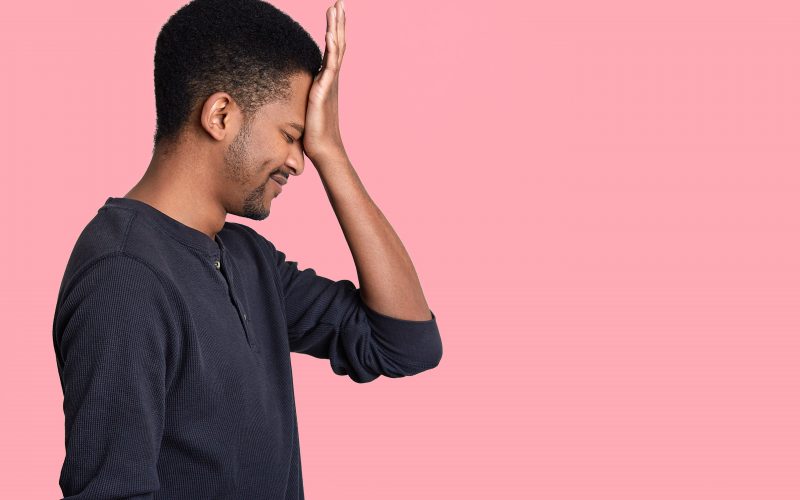
Author Daniel Pink discusses research drawing on regret that shows how it can be a force for improvement, even providing greater meaning to our lives.
Read more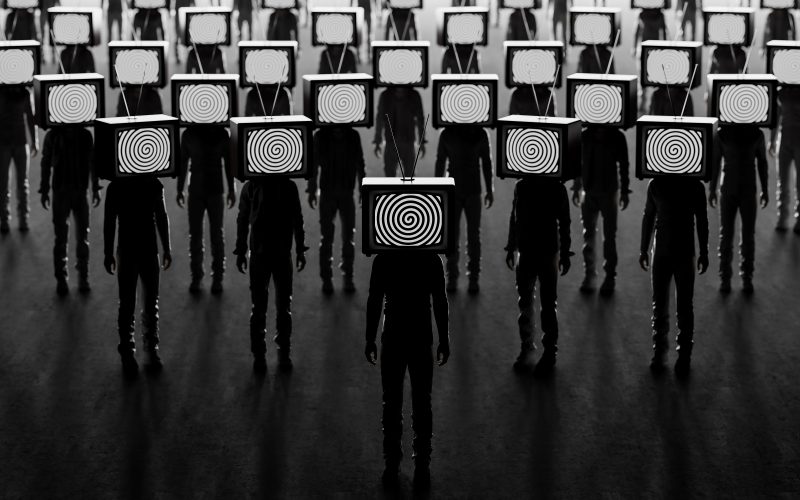
Joel E. Dimsdale, distinguished professor emeritus in the Department of Psychiatry at the University of California, San Diego, joins us to talk about mind control in the realms of religion, politics and society.
Read more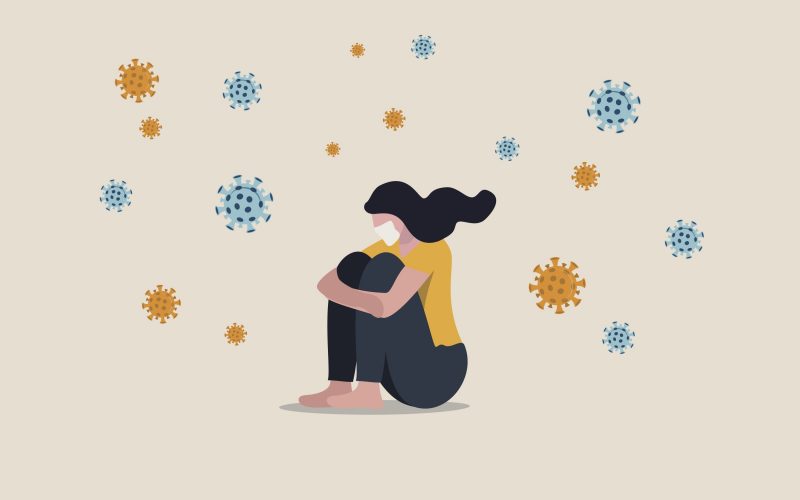
Dr. Wendy Suzuki is a professor of neural science and psychology in the Center for Neural Science at New York University, and she joins us to discuss how we can master stress to put it to good use.
Read more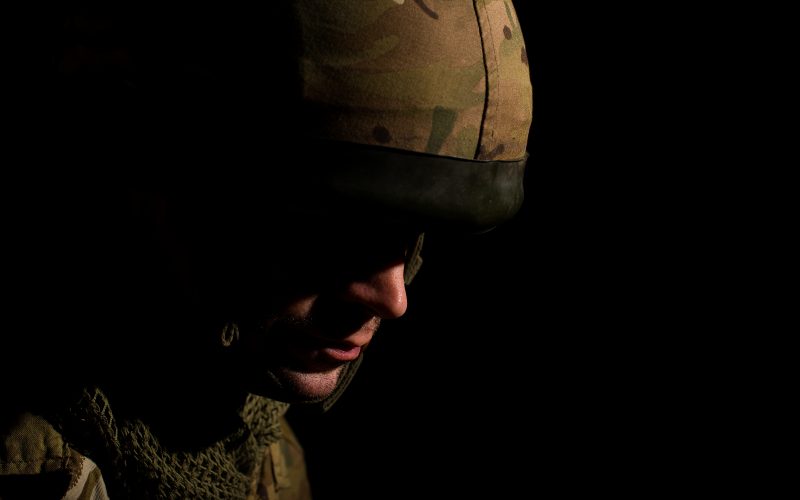
Jesse Singal is a contributing writer at New York magazine, and he joins us to talk about a U.S. military move to adopt new methods for addressing PTSD and resiliency without the science to back it up.
Read more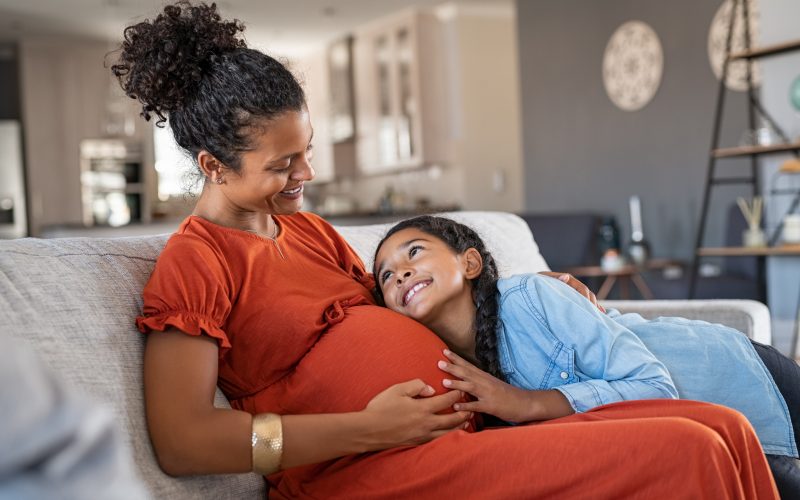
Lynn Berger joins us to talk about the origins of birth order psychology and whether the roles we’re assigning children are based in fact or fiction.
Read more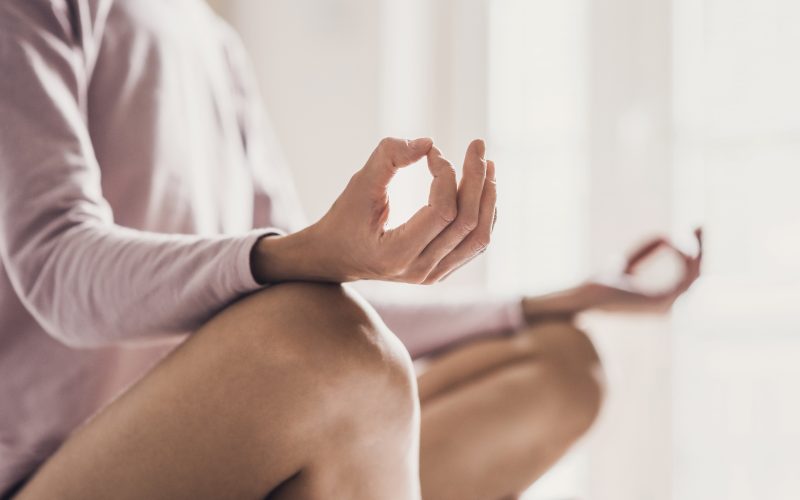
David Kortava joins us to talk about why we’ve overlooked the potential problems with achieving a high level of mindfulness, including depression and schizophrenic deterioration.
Read more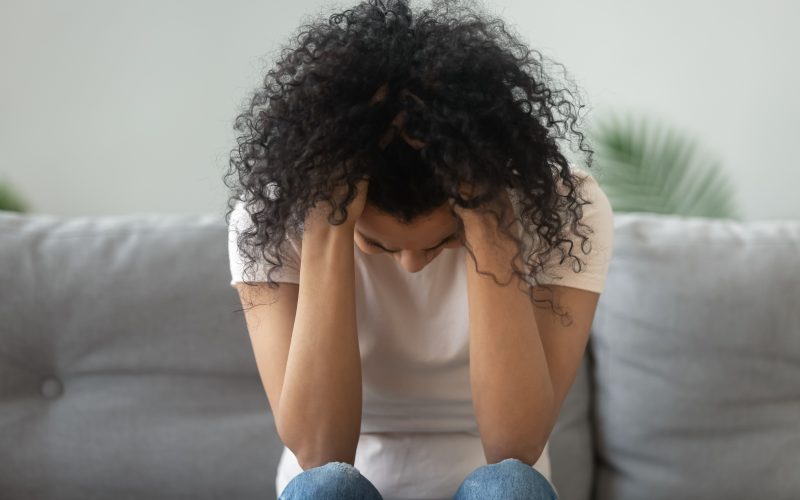
Dorothy P. Holinger is a psychotherapist and a fellow of the Association of Psychological Science, and she joins host Krys Boyd to talk about the psychological and physiological changes grief causes and the processes that help the bereaved move through it.
Read more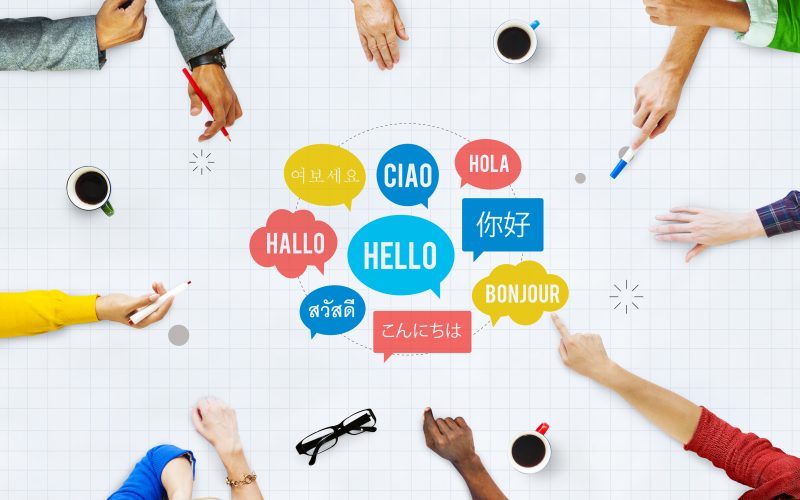
Katherine Kinzler, professor of psychology at the University of Chicago, joins us to talk about the biased ways we view dialects and accents.
Read more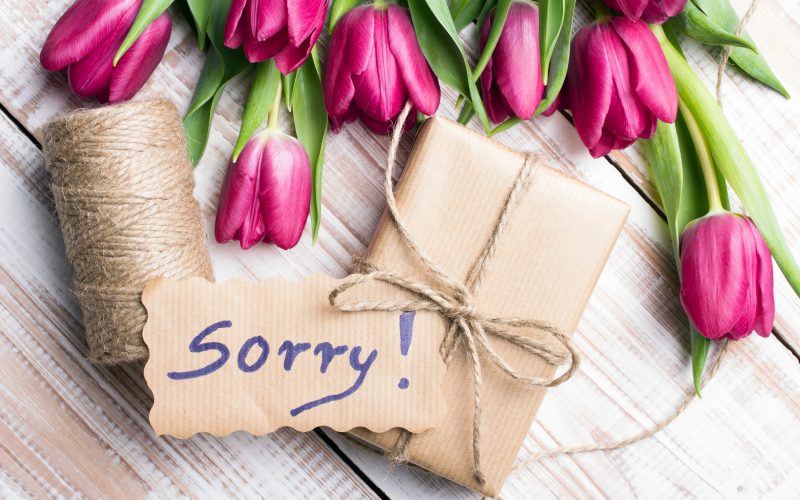
Clinical psychologist Molly Howes joins us for a lesson in what it truly takes to make amends.
Read more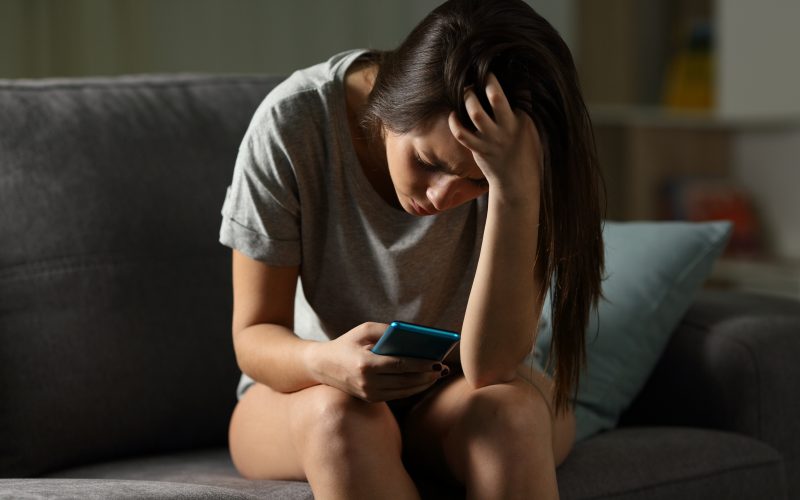
Humanistic psychologist Scott Barry Kaufman talks to us about the relationship between victimhood and our sense of how much control we have of our lives.
Read more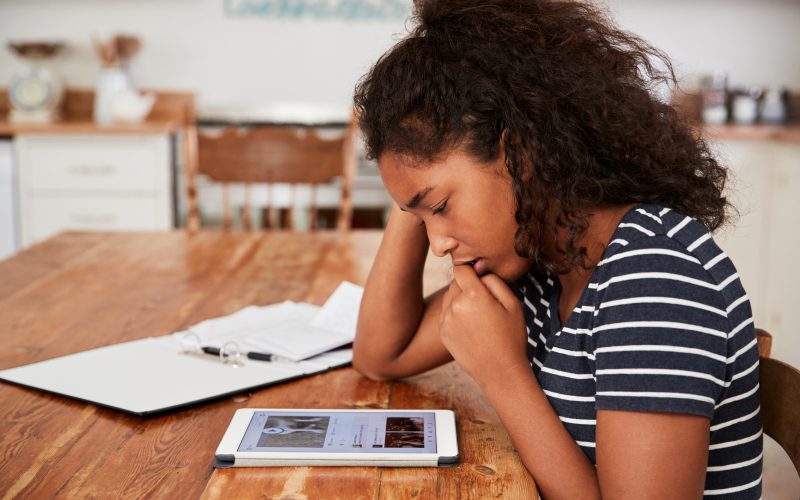
Noam Shpancer, a professor of psychology at Otterbein University, joins us to talk specifically about the roadblocks that stand in the way of developing resilience in anxious children – and how to overcome them.
Read more